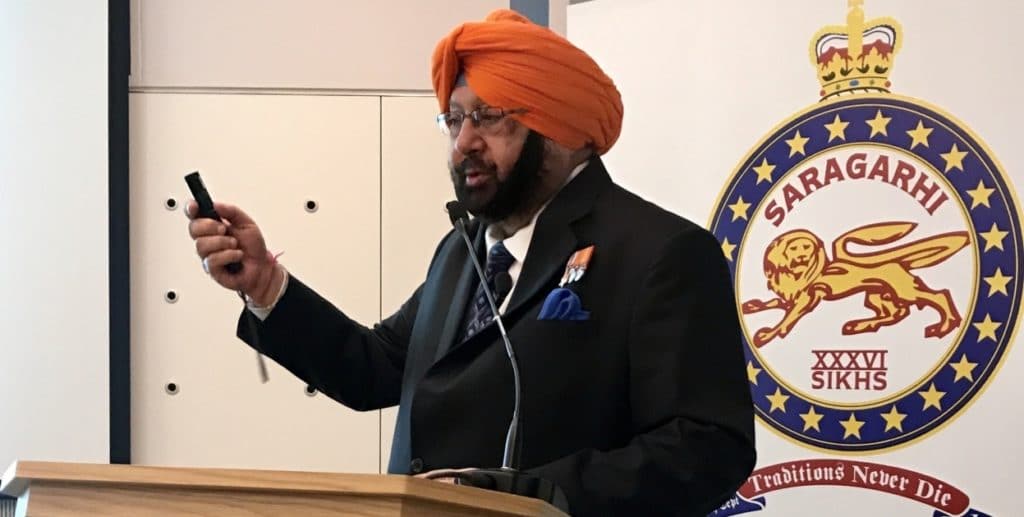Punjab Chief Minister Captain Amarinder Singh has urged the central government to push for the extradition of 10 Canadian Indians in drug-related cases. The state chief minister wrote to Home Minister Rajnath Singh and External Affairs Minister Sushma Swaraj to seek the extradition of the 10 offenders as the cases have been pending for three to four years.
The state government is aggressively pursuing the extradition of these suspects as their custodial interrogation is important to reveal the drug cartel and its patrons in the state, a spokesperson was reported as saying by PTI.
The chief minister’s office gave the names of many people, such as Sarabjit Singh Sandhar, alias Nik, a resident of village Balioun in Samrala, who is now living in Vancouver, Ranjit Singh Aujla, a resident of village Muthada Kalan in Jalandhar district, Nirankar Singh Dhillon of village Apra Mandi in Jalandhar, Gursewak Singh Dhillon, Amarjit Singh Kooner, Lamer Singh Daleh, Pardeep Singh Dhaliwal, Amarinder Singh Chheena, Parminder Singh Deo and Ranjit Kaur Kahlon.
Sarabjit, Ranjit Singh and Nirankar were declared as offenders in 2013 while Gursewak was declared one the next year. Request for their extradition has been pending since July 2017. Requests for extradition of the others who were named have also been pending.
Punjab’s Drug Problem
The Congress government won the elections in February 2017 on their hard stand against the drug problem in the state. While several researches and investigations have revealed that most men are addicted to some form of drugs, a recent article by Hindustan Times brought to light many cases where women — homemakers and professionals – were found addicted to drugs.
A study conducted by the department of psychiatry at the Postgraduate Institute of Medical Education and Research (PGIMER), Chandigarh, and Indian Council of Medical Research (ICMR), New Delhi, found that one in six Punjabis are addicted to substance abuse.
According to the study, 3.1 million people in the state have substance abuse problems while 2.97 million are dependent on it. People are most addicted to alcohol, followed by tobacco and then opioids — heroin, smack, brown sugar, opium, poppy husk, etc.
